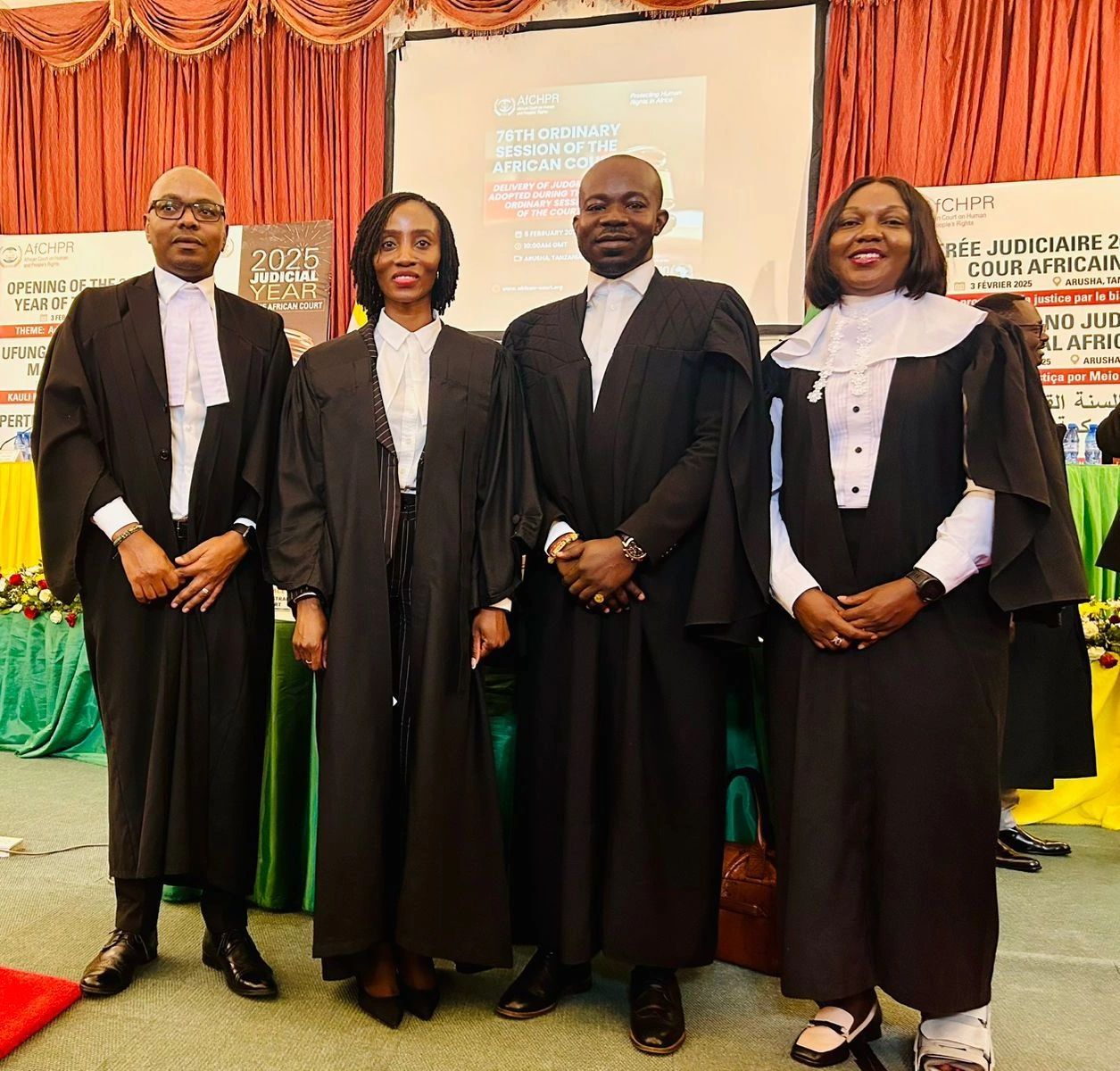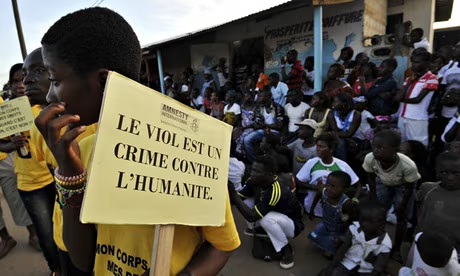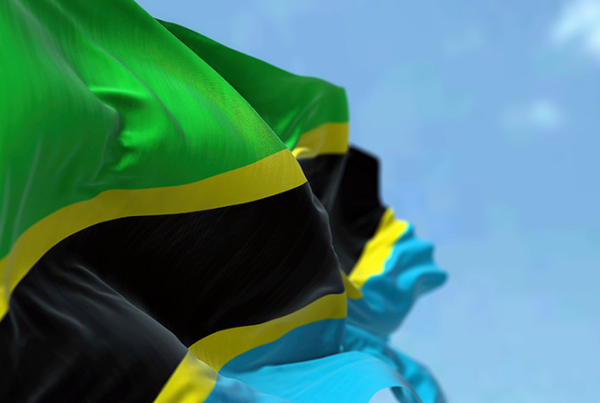Arusha, 5 February 2025 – The African Court on Human and Peoples’ Rights has delivered a landmark judgment in the case of Centre for Human Rights and Others v. United Republic of Tanzania (Application No. 019/2018), holding Tanzania accountable for human rights violations against persons with albinism (PWAs). This case, filed by the Institute for Human Rights and Development in Africa (IHRDA), the Centre for Human Rights (CHR) at the University of Pretoria, and the Legal and Human Rights Centre (LHRC), sought justice for PWAs who have long faced discrimination, violence, and exclusion in Tanzania.
Key Findings of the Court
- Violation of the Right to Life: The Court found Tanzania responsible for failing to prevent and effectively prosecute the widespread killings and attacks on PWAs driven by superstitious beliefs.
- Violation of the Right to Dignity and Freedom from Torture: The Court held that the government’s failure to protect PWAs and address harmful practices amounted to inhuman and degrading treatment.
- Violation of the Right to Non-Discrimination: The Court determined that PWAs have been subjected to systemic discrimination, with inadequate government action to counteract societal prejudices.
- Violation of the Rights of Children with Albinism: The Court found that Tanzania failed to protect children with albinism from abduction, trafficking, and inadequate living conditions in state-run shelters.
- Failure to Ensure the Right to Health and Education: The Court ruled that Tanzania had not provided PWAs with adequate healthcare and education services tailored to their specific needs.
Court-Ordered Reparations and Reforms
The Court directed Tanzania to:
- Establish a compensation fund for victims of violence and discrimination against PWAs.
- Amend existing laws to criminalize and punish violence targeting PWAs as aggravated offenses.
- Amend the Witchcraft Act, 1928, to eliminate ambiguities that perpetuate attacks against PWAs.
- Improve shelters for children with albinism, ensure their reunification with families, and guarantee access to education and healthcare.
- Conduct nationwide awareness campaigns for at least two years to combat myths and superstitions about albinism.
- Publish the full judgment on government websites for public access.
- Submit a report on implementation within two years and comply fully within three years, failing which the Court will hold an implementation hearing.
Significance of the Judgment
This ruling sets a crucial legal precedent for the protection of PWAs across Africa. It reinforces state obligations under the African Charter on Human and Peoples’ Rights and the African Charter on the Rights and Welfare of the Child. The decision also provides a framework for other countries facing similar human rights challenges to strengthen protection for vulnerable populations.
Next Steps
IHRDA and its partners will closely monitor Tanzania’s compliance with the Court’s orders and engage with relevant stakeholders to ensure full implementation of the judgment. We call on civil society organizations, policymakers, and human rights defenders to support efforts aimed at enforcing this ruling and protecting the rights of PWAs in Tanzania and beyond. For further information and updates, please contact:
Michael Nyarko
Deputy Executive Director
IHRDA, The Gambia
Email: mnyarko@ihrda.org
Dr. Chipo Rushwaya
Senior Legal Officer
IHRDA, The Gambia
Email: crushwaya@ihrda.org






